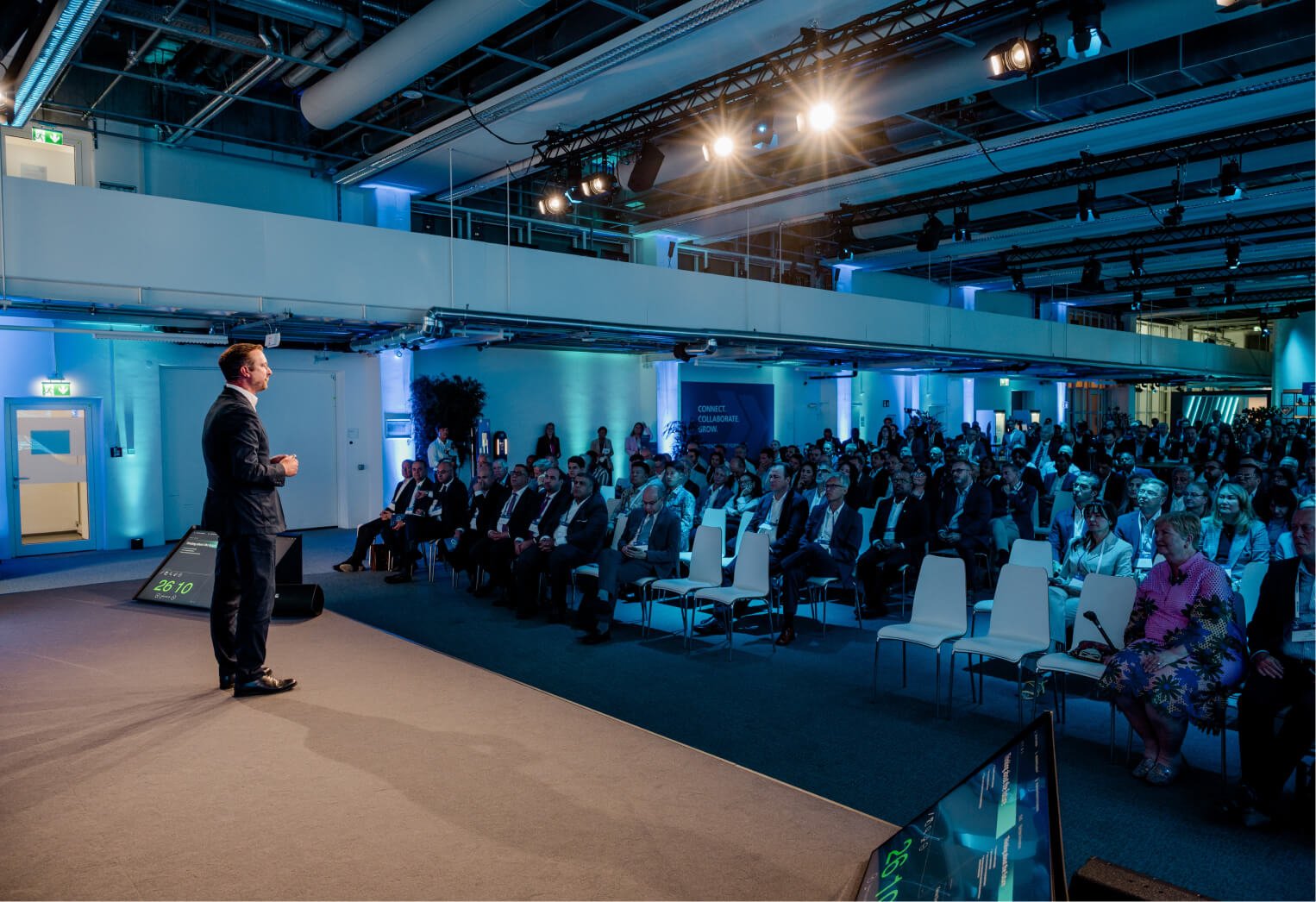Foresight for SMEs
Small and medium-sized enterprises (SMEs) are the backbone of most economies, driving innovation and creating jobs.
Yet, in a world defined by volatility, uncertainty, complexity, and ambiguity (VUCA), SMEs face unique challenges: limited resources, leaner structures, and often a strong focus on day-to-day operations.
Unlike large corporations, they cannot always afford dedicated foresight units. Still, foresight can be an essential capability to anticipate change, foster innovation, and secure long-term competitiveness.
The Value of Foresight for SMEs
Research has long focused on foresight in large corporations, but SMEs operate under different conditions. They are typically more agile, closer to their customers, and quicker to respond — yet they often lack the resources, structures, and time to systematically plan for the future.
In this article – “The state of foresight in small and medium enterprises: literature review and research agenda” (Dörr, Schönhofer & Schwarz, 2024, European Journal of Futures Research) – we reviewed how SMEs use foresight to cope with today’s volatile, uncertain, complex, and ambiguous (VUCA) environment. We found that:
Enablers include flat hierarchies, bottom-up decision-making, and open communication.
Inhibitors include limited budgets, unclear responsibilities, and short-term pressures.
Individual factors — such as the owner’s age, education, and personal interest in future thinking — strongly influence how foresight is practiced.
Benefits include improved strategic planning, innovation readiness, organizational learning, and shifts in mental models.
Foresight Toolbox Tailored to SMEs
At the Bavarian Foresight Institute, we have developed the Zukunftsnavigator — a practical toolbox designed to help SMEs navigate uncertainty and strengthen their long-term orientation. Unlike comprehensive corporate foresight processes, this toolbox focuses on scalable methods that can be adapted to limited resources and embedded into daily decision-making.
Foresight in Practice: Insights from the SME Community
The challenges of foresight for SMEs are not only academic. In an interview with the Chamber of Commerce and Industry (IHK) Munich, I discussed how foresight can help SMEs move from reactive crisis management to proactive opportunity creation.
“With foresight, SMEs can transform uncertainty into innovation and resilience.”
Family Businesses and Future Making
Not all SMEs apply foresight in structured ways. Family businesses, in particular, often rely on narratives, identity, and informal rituals when imagining their futures. In our article “Future Making: A New Perspective on Foresight?“ (Zehnder & Schwarz, 2025, Futures), we explored how one longstanding family business shapes its future outside of traditional corporate foresight processes.
Through interviews with the founding family, we found that their identity and shared narratives strongly influenced decision-making — an approach we call “future making.” While less formal, these practices are deeply cultural and flexible, showing that foresight in SMEs can take many shapes, from structured methods to narrative-driven collaboration.
The Future of SME Foresight
Small and medium-sized enterprises are the backbone of most economies — and their ability to anticipate change will shape innovation, employment, and resilience in the decades to come. Whether through structured methods or narrative-driven practices, foresight equips SMEs to thrive in turbulent times.
If you are interested in exploring how foresight can be applied in your context, I invite you to get in touch.


